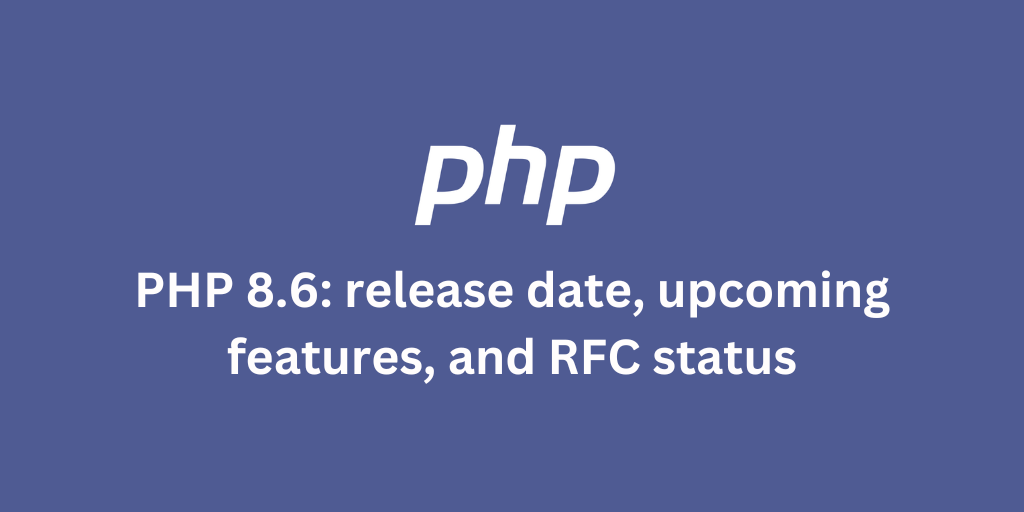Log File in Laravel: Location and Common Fixes

- Understanding Laravel Log Files: Location, Common Issues, and Best Practices
- Log File Location and Path in Laravel
- Fixing Permission Denied Issues
- What to Do When the Log File Is Missing
- Fixing the “Could Not Be Opened in Append Mode” Error
- Configuring Laravel to Create a Log File Per Day
- Creating a Custom Daily Log Channel
- Verifying Your Log Setup
- Summary
- Final Thoughts
Understanding Laravel Log Files: Location, Common Issues, and Best Practices
Logging is one of the most essential parts of any Laravel application. It helps you track errors, monitor system behavior, and debug effectively. Laravel uses the powerful Monolog library under the hood, offering flexible and configurable logging.
In this guide, we'll cover everything you need to know about Laravel log files including their location, how to resolve permission errors, what to do when logs are missing, and how to configure Laravel to create a log file per day.
Log File Location and Path in Laravel
By default, Laravel stores its log files inside the storage/logs directory. The most common file you’ll see is:
storage/logs/laravel.logThis is where all application logs are written unless configured otherwise.
You can confirm your current log configuration by checking the config/logging.php file. The default channel is typically set to stack, which includes one or more underlying channels such as single or daily:
// config/logging.php'default' => env('LOG_CHANNEL', 'stack'),Then, inspect the stack channel to see which log channels it includes:
'stack' => [ 'driver' => 'stack', 'channels' => ['single'], // or ['daily'] depending on your setup 'ignore_exceptions' => false,],To verify the actual file in use, check the configuration for your target driver. For example, for the single driver:
'single' => [ 'driver' => 'single', 'path' => storage_path('logs/laravel.log'), 'level' => env('LOG_LEVEL', 'debug'),],Fixing Permission Denied Issues
If you see an error such as:
Could not open stream: Permission deniedit means Laravel does not have permission to write to the log file or the storage/logs directory.
Solution:
Ensure your web server user (e.g., www-data on Ubuntu) has write permissions to the storage directory.
sudo chown -R www-data:www-data storagesudo chmod -R 775 storageIf you’re on macOS or Windows, make sure your local environment user has equivalent write access.
⚠️ Tip: Never use
chmod -R 777in production unless temporarily necessary. It grants full access to everyone and poses a security risk.
If permission changes don’t take effect, remember to clear your cached configuration:
php artisan config:clearphp artisan cache:clearWhat to Do When the Log File Is Missing
Sometimes, your laravel.log file may not exist often because it was deleted or Laravel hasn’t written to it yet.
To fix this:
-
Manually create the file:
touch storage/logs/laravel.log -
Ensure correct permissions:
sudo chown www-data:www-data storage/logs/laravel.logsudo chmod 664 storage/logs/laravel.log -
Try logging a test message:
Log::info('Laravel log test message');
If everything is configured correctly, Laravel will now start writing to the log file automatically.
Fixing the “Could Not Be Opened in Append Mode” Error
This error typically looks like this:
ErrorException: file_put_contents(/path/to/storage/logs/laravel.log): Failed to open stream: Permission deniedIt happens when Laravel tries to write logs but can’t append to the file usually due to missing permissions or directory ownership.
Steps to Fix:
-
Check directory and file permissions:
ls -ld storage/logsls -l storage/logs/ -
Adjust permissions and ownership as needed:
sudo chown -R www-data:www-data storage/logssudo chmod -R 775 storage/logs -
If the problem persists, safely recreate the log file (only if no critical writes are happening):
rm storage/logs/laravel.logtouch storage/logs/laravel.logsudo chown www-data:www-data storage/logs/laravel.log
After this, reload your application, Laravel will resume logging as usual.
Configuring Laravel to Create a Log File Per Day
For better organization, Laravel supports daily log rotation. This means a new log file is created each day, making it easier to manage and review logs.
To enable daily logging, open config/logging.php and set your default log channel to daily:
'default' => env('LOG_CHANNEL', 'daily'),Then, locate and configure the daily channel:
'daily' => [ 'driver' => 'daily', 'path' => storage_path('logs/laravel.log'), 'level' => env('LOG_LEVEL', 'debug'), 'days' => 14, // Keep logs for 14 days],You can adjust the days value to control how long Laravel keeps old log files before deleting them. Setting days to 0 disables automatic deletion.
When configured, Laravel will automatically generate files like:
storage/logs/laravel-2025-10-09.logstorage/logs/laravel-2025-10-10.logIf you change the LOG_CHANNEL in your .env, run:
php artisan config:cacheCreating a Custom Daily Log Channel
If you need separate log files (for example, one for payment operations), define a custom channel in config/logging.php:
'channels' => [ 'payments' => [ 'driver' => 'daily', 'path' => storage_path('logs/payments.log'), 'level' => 'info', 'days' => 30, ],],Then use it in your code:
Log::channel('payments')->info('Payment processed successfully.');Verifying Your Log Setup
After making changes, test your logging configuration:
Log::info('Daily log configuration verified successfully.');Then check your storage/logs directory, you should see a newly created log file for today.
You can also access the underlying Monolog instance if needed:
$monolog = Log::getLogger();Summary
| Task | Command or File |
|---|---|
| Default log path | storage/logs/laravel.log |
| Check config | config/logging.php |
| Fix permissions | sudo chown -R www-data:www-data storage && sudo chmod -R 775 storage |
| Create missing log file | touch storage/logs/laravel.log |
| Enable daily logs | 'default' => 'daily' in config/logging.php |
| Clear config cache | php artisan config:clear / php artisan config:cache |
Final Thoughts
Laravel’s logging system is robust and highly configurable. By knowing where logs are stored, how to handle permission issues, and how to configure daily or custom channels, you’ll have full control over how your application records information. This ensures cleaner debugging, easier maintenance, and reliable monitoring across all environments.
Stay Updated.
I'll you email you as soon as new, fresh content is published.


